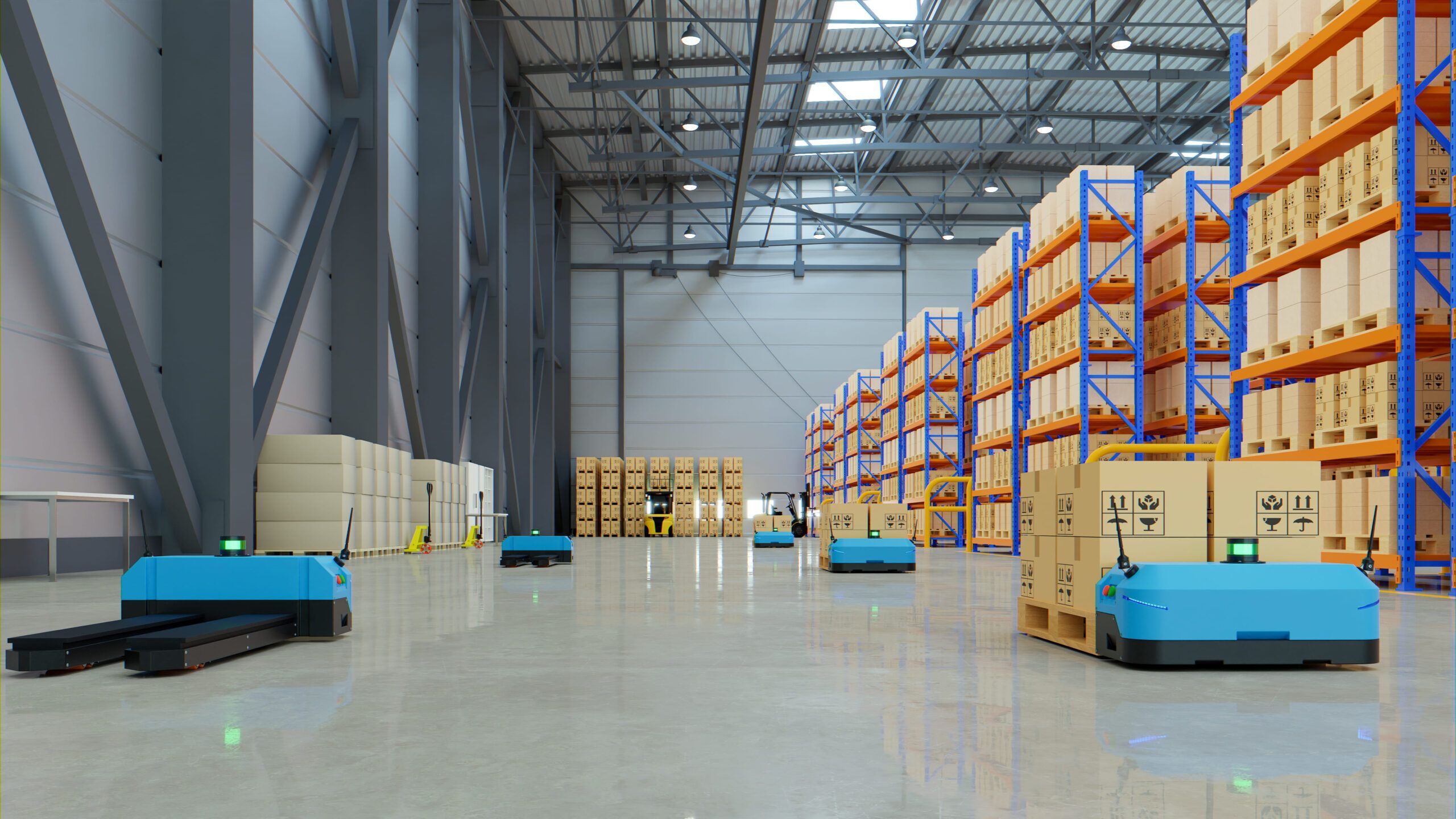High demand for logistics space
Logistics hubs are reaching record occupancy levels, particularly around major urban centers and key corridors like Madrid, Barcelona, Valencia, and Zaragoza. A shortage of ready-to-build land is driving up prices and pushing developers into secondary locations.
New formats: XXL and multilevel warehouses
We’re seeing the rise of extra-large platforms (50,000+ sqm), with high ceilings and generous maneuvering yards, tailored for automation and major operators. In dense urban areas, vertical logistics facilities are starting to gain traction as a smart use of limited space.
Sustainability as a value driver
Environmental certifications (BREEAM, LEED) are no longer optional — they’re a market standard. The most attractive assets offer energy efficiency, renewable energy systems, sustainable materials, and passive climate control solutions.
Digitization and smart logistics
Modern warehouses are being designed as digital-first assets: IoT sensors, digital twins, remote monitoring, and built-in readiness for robotic systems. Efficiency and data are at the core of next-gen logistics.
Urban logistics and last-mile delivery
To meet customer expectations, companies are investing in micro-distribution hubs and last-mile centers close to city centers. Smaller facilities in consolidated industrial zones are playing a growing role in delivery strategies.
Institutional capital is pouring in
Funds, REITs and insurers are increasingly targeting logistics as a stable, long-term investment. Sale & leaseback deals, value-add strategies and built-to-suit developments are high on their agenda.
Redevelopment and new land opportunities
Developers are transforming outdated industrial land into next-generation logistics parks, supported by zoning regulations and growing demand. Now is the time to act.
Where is the sector heading?
The logistics real estate market is evolving toward a more sustainable, automated, and urban model — combining operational efficiency, technological innovation and ESG alignment. A clear opportunity for forward-thinking investors and developers.
Want to receive more insights into the logistics and industrial real estate sector?
Subscribe to our newsletter for exclusive market reports, trends, and off-market investment opportunities.

ACERCA DE CMC
El objetivo principal de CMC es ofrecer una gestión integral en sus dos vertientes principales: asset management y property management. Esto incluye la formulación de estrategias a medio y largo plazo para la optimización de activos inmobiliarios, así como la gestión operativa diaria. Esta última abarca tanto el control de ingresos y la atención al cliente como la supervisión de los gastos operativos.
En resumen, CMC ofrece asesoramiento especializado en inversiones y finanzas para aquellos interesados en comprar, vender o invertir en propiedades. Su enfoque se basa en investigaciones y análisis rigurosos que garantizan la viabilidad económica y financiera de cada proyecto.
Para más información puede ponerse en contacto con nosotros clicando aquí
